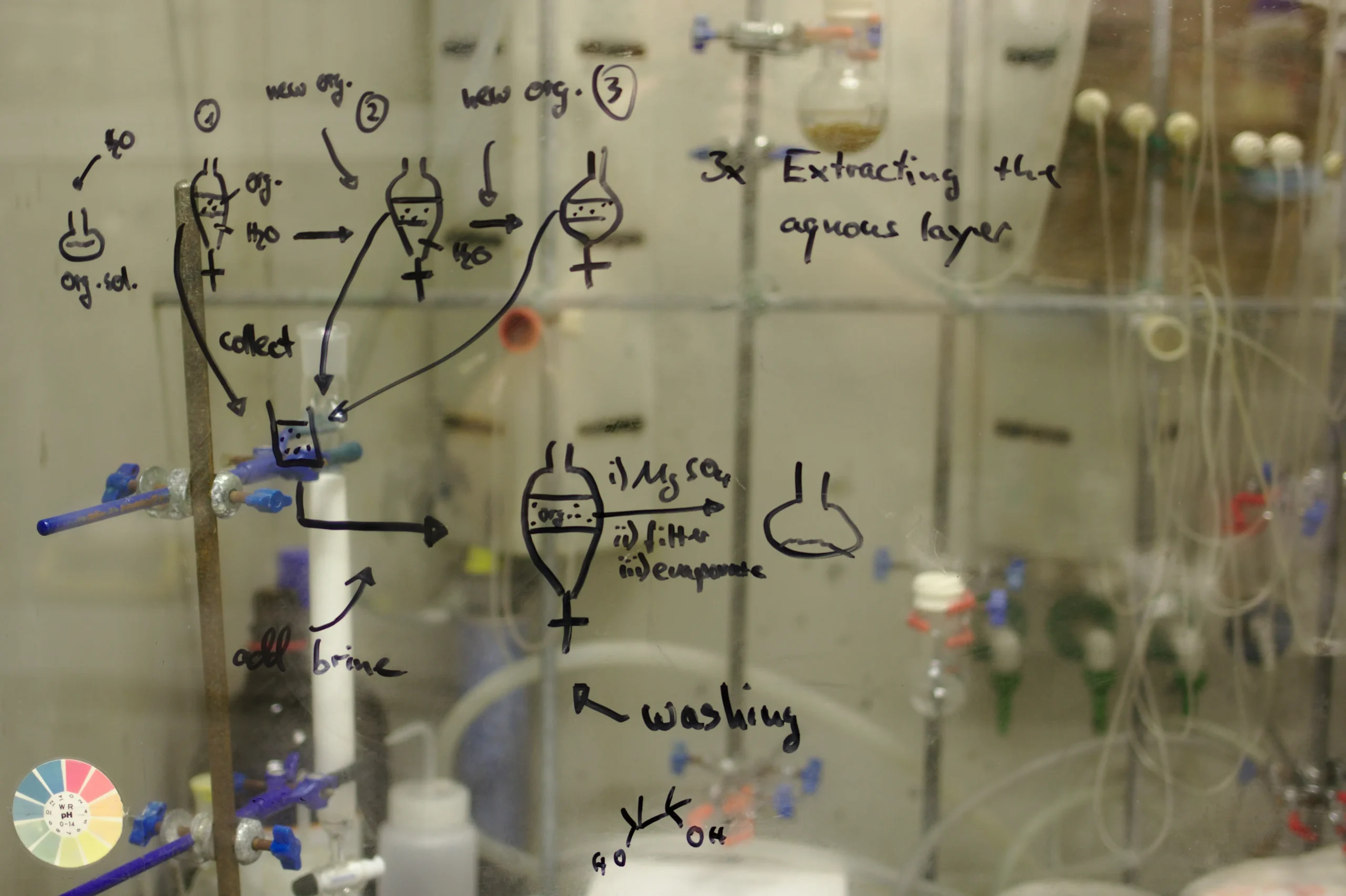Life on Other Planets: A 2025 Frontier for Visionaries
In February 2025, humanity stands at the precipice of a cosmic revolution. Recent breakthroughs, like the James Webb Space Telescope’s detection of biosignatures on exoplanet K2-18b and the discovery of subsurface oceans on Europa, have shifted the question from *“Are we alone?”* to *“When will we find them?”* For entrepreneurs and innovators, the possibilities of life on other planets represent more than scientific curiosity—they’re a $1.3 trillion economic opportunity by 2040, spanning space agriculture, astrobiology startups, and interstellar communication tech. This article unpacks the latest discoveries, actionable strategies for leveraging extraterrestrial insights, and how pioneers can position themselves at the forefront of this universe-altering shift. Ready to explore?
The Science Behind Life on Other Planets Possibilities
Modern astronomy has identified over 5,500 exoplanets, with 50+ in the “Goldilocks zone” where liquid water—and life—could exist. In 2024, the European Space Agency’s CHEOPS mission confirmed that rocky planets like TRAPPIST-1e have atmospheres rich in carbon dioxide and methane, gases often linked to biological activity. Meanwhile, Mars rovers have detected organic molecules in Jezero Crater, hinting at ancient microbial life. These findings aren’t just academic; they’re reshaping industries. Biotech firms like Catalog DNA are already prototyping tools to sequence extraterrestrial genomes, while startups are developing radiation-resistant crops for future Martian colonies.
Emerging Technologies Driving Discovery
Artificial intelligence is accelerating the search. Machine learning algorithms, like those used by NASA’s Frontier Development Lab, analyze petabytes of telescope data to pinpoint life-supporting planets 10x faster than human researchers. Quantum computing, projected to mature by 2026, will model complex atmospheric chemistry in real time. On Earth, labs simulate alien environments: MIT’s hydrothermal vent experiments show how extremophiles might thrive on Enceladus. For entrepreneurs, tools like OpenSpace’s 3D universe mapping software democratize access to celestial data, enabling ventures from space tourism to exoplanet real estate (yes, it’s a thing).

Entrepreneurial Opportunities in Astrobiology
The race to monetize alien ecosystems has begun. Consider Axiom Space’s $2.6 billion IPO in 2024, fueled by contracts to build the first commercial Mars habitat. Startups like AstroForge aim to mine asteroids for rare metals, while others explore space-based pharmaceuticals—proteins formed in zero gravity could cure diseases. Even terrestrial industries benefit: vertical farming tech, refined for Mars, now boosts crop yields in Dubai deserts. Investors should watch Space Foundation’s 2024 report, which highlights AI-driven astrobiology tools as a top growth sector.
Case Study: How Europa’s Ocean Sparked a Biotech Boom
When NASA’s Europa Clipper confirmed a salty subsurface ocean in 2023, synthetic biology firms pivoted instantly. Ginkgo Bioworks engineered enzymes to break down Europa’s hypothetical ammonia-based life, while startups like Cosmic Brews patented fermentation techniques for alien microbes. Tesla’s energy division partnered with JPL to design deep-sea drones for oceanic exploration. The lesson? Agility is key. As SpaceX slashes launch costs to $10M per mission (vs. $200M in 2010), nimble teams can test hypotheses on-site within years, not decades.
Ethical and Logistical Challenges
Discovering extraterrestrial life isn’t without risks. The Planetary Protection Treaty mandates strict sterilization of spacecraft to prevent cross-contamination, but private firms often bypass these rules. Legal gray areas abound: Who owns genetic material found on Mars? Could introducing Earth bacteria accidentally extinguish native organisms? Visionaries must collaborate with astroethicists and policymakers to build frameworks that balance innovation with responsibility—a challenge as vast as space itself.
2025 and Beyond: Predictions for the Next Decade
By 2030, experts predict the first confirmed detection of microbial life, likely on Mars or Venus. This will trigger a “space gold rush,” with ventures ranging from alien DNA databases to exoplanet media streaming. Quantum communication satellites, like China’s Mozi network, will enable real-time data transfers from Proxima Centauri probes. On Earth, synthetic biology labs will reverse-engineer extraterrestrial enzymes for carbon capture and cancer therapies. The message for innovators? Start building partnerships now. The companies that thrive will be those blending astronomy, biology, and AI into seamless solutions.
Tools and Strategies to Lead the Cosmic Charge
Ready to engage? First, leverage open-source datasets like NASA’s Exoplanet Archive. Join accelerators like Y Combinator’s Space Tech cohort, which birthed 14 unicorns since 2022. Invest in robotics firms specializing in autonomous space drones, or license IP from institutions like the SETI Institute. Most critically, adopt a multidiscipline mindset: The next Elon Musk will be a biologist who understands rocket science.
**Conclusion**
The possibilities of life on other planets are no longer sci-fi—they’re a 2025 business imperative. From AI-driven discoveries to ethical colonization frameworks, this frontier offers unparalleled opportunities for those bold enough to explore. As Carl Sagan said, “Somewhere, something incredible is waiting to be known.” Will you be the one to find it? Share your vision, invest in the unknown, and let’s shape tomorrow’s universe—together.










